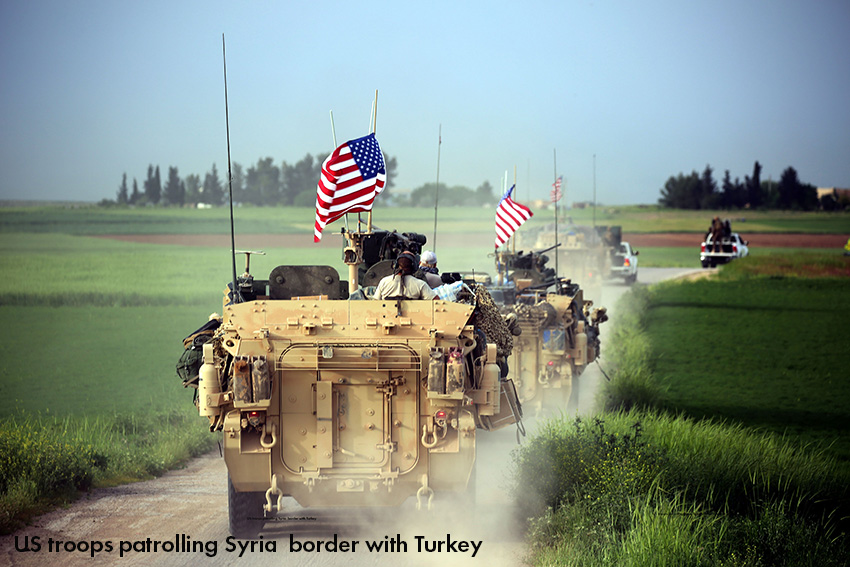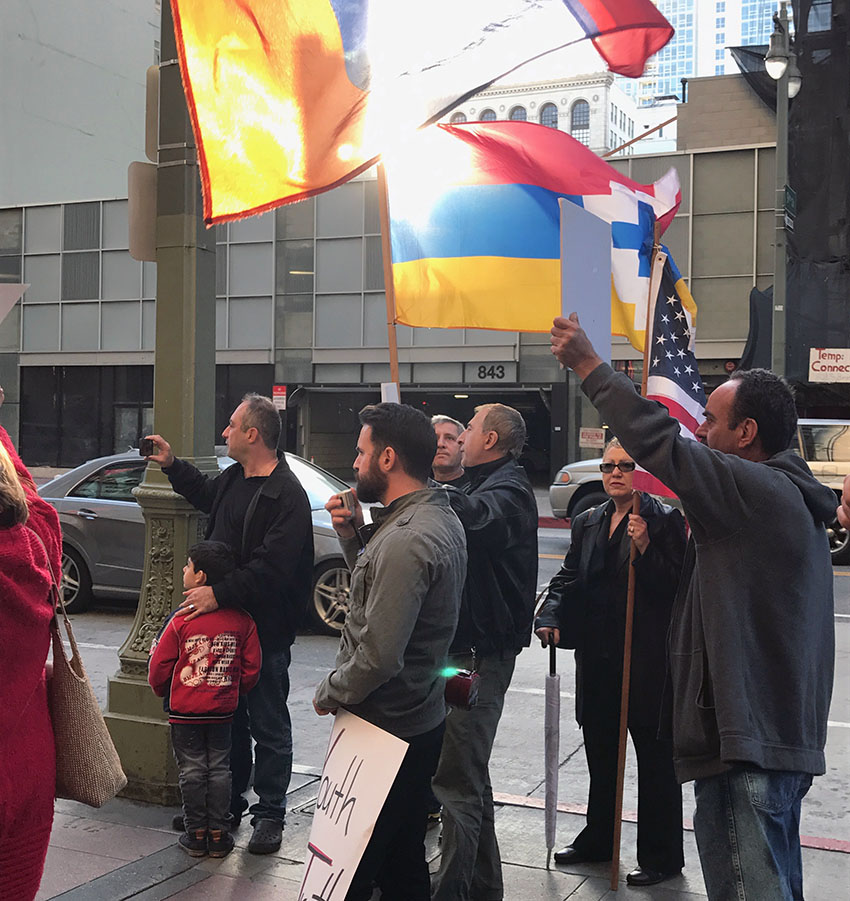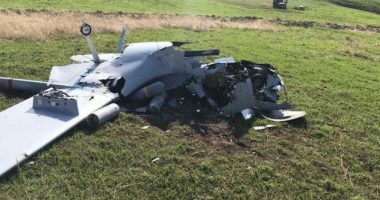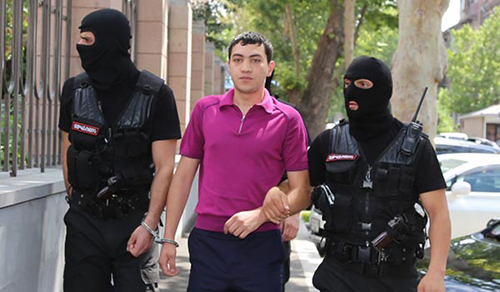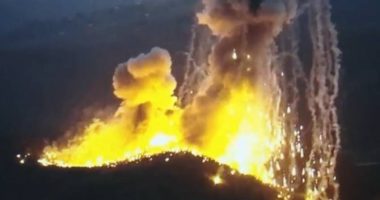ANKARA — Turkish officials say the U.S. decision to arm a Kurdish militia battling the Islamic State (IS) extremist group in Syria is “unacceptable” and will have a “negative outcome” for Washington.
Meanwhile, Pentagon chief Jim Mattis expressed confidence that the United States can allay Turkey’s concerns over the decision.
Speaking on May 10 at a news conference in Ankara, Turkish Prime Minister Binali Yildirim said NATO member Turkey cannot accept “direct or indirect” support for the Kurdish fighters and called on Washington to take Ankara’s sensitivities into consideration.
Otherwise, he warned, “the outcome won’t only affect Turkey, a negative outcome will also emerge for the United States.”
The comments come after the Pentagon said that President Donald Trump had given his authorization to equip the People’s Protection Units (YPG) group as the battle to dislodge IS militants from their stronghold of Raqqa nears.
The YPG forms the backbone of the Syrian Democratic Forces (SDF), which has driven IS fighters from much of northern Syria with air strikes from a U.S.-led coalition.
Washington says the militia is essential to the operation on Raqqa, but Ankara considers it to be a terrorist group linked to the outlawed Kurdistan Workers Party (PKK).
The PKK, which has been fighting a decades-long insurgency against Turkish forces for greater autonomy, is also designated a terrorist group by the United States.
In a May 10 statement, the YPG militia described the U.S. decision as “historic” and said it was a “sign of confidence” in the group.
But Turkish Deputy Prime Minister Nurettin Canikli told A Haber television, “We cannot accept the presence of terrorist organizations that would threaten the future of the Turkish state.”
And Foreign Minister Mevlut Cavusoglu told reporters during a visit to Montenegro that every weapon obtained by the YPG constituted a “threat” to Turkey.
Cavusoglu also said the United States should distinguish between the YPG and their Arab allies in the SDF alliance, and that the Arabs should be the ones to enter Raqqa.
The city, located in northern Syria, is surrounded by opposition forces fighting IS militants and government forces.
Cavusoglu also said President Recep Tayyip Erdogan would take up the issues with Trump when he visits Washington next week.
On May 9, Pentagon spokeswoman Dana White announced that Trump had authorized the Defense Department to “equip Kurdish elements of the Syrian Democratic Forces as necessary to ensure a clear victory” over the IS group in Raqqa.
She also said that Washington was “keenly aware of the security concerns of our coalition partner Turkey.”
“We want to reassure the people and government of Turkey that the U.S. is committed to preventing additional security risks and protecting our NATO ally,” she added.
Mattis, the U.S. defense secretary, said on May 10 that the United States had had very open discussions with Turkey.
“We will work very closely with Turkey in support of their security on their southern border,” he told reporters during a visit to Lithuania. “It’s Europe’s southern border, and we’ll stay closely connected.”

